10 Benefits of Scheduling a Mold Inspection Before Buying a Home
Buying a home is one of the largest financial investments in a lifetime. Considering the many steps in the home-buying process, many buyers accidentally overlook the mold inspection. This crucial step can prevent serious health risks and expensive repairs. Mold is often invisible but can significantly affect a home's safety, value, and livability. It can grow behind walls, under floors, or in ceilings, areas you may not notice during a typical walkthrough. Certain types of mold, such as black mold, are toxic and can lead to long-term health issues. A mold inspection by a certified professional helps identify hidden problems, enabling informed decisions. Understanding the importance of a thorough mold inspection helps protect your investment and your health.
1. Reassuring the Structure of the Home
A primary reason to conduct a mold inspection is to uncover hidden problems that are not obvious during a standard walkthrough. Mold can grow behind walls, beneath flooring, or in ceilings, threatening the structural integrity of a home. Professional inspectors use advanced tools like infrared cameras and moisture meters to detect mold in hard-to-reach areas.
Early detection can prevent long-term damage to structural elements like wood framing and drywall. It also allows you to negotiate with the seller for repairs or a lower price. Detecting these species before they become a problem is always the best course of action.
2. Protecting Your Health and Safety
Mold exposure can lead to respiratory problems, allergies, skin irritation, and other health concerns. Children, seniors, and individuals with asthma or weakened immune systems are vulnerable. It isn't only black mold that can be an issue. According to This Old House, 300 species of Penicillium and 150 species of Aspergillus, all of which are toxic, can be found in homes.
A pre-purchase mold inspection helps ensure a safe and healthy living environment for your family.
Long-term exposure to mold, particularly toxic varieties, can also contribute to serious health issues like chronic lung conditions and neurological effects. Addressing mold before you move in is a proactive way to avoid future health complications and medical bills.
3. Preventing Financial Surprises
A mold inspection offers financial protection by identifying potential problems that could lead to costly repairs. Mold remediation can be expensive, particularly if the infestation has spread. Catching these issues early can save thousands of dollars.
Unchecked mold can reduce your property's value and deter future buyers. In addition, many homeowners insurance policies have limited coverage for mold damage. Knowing the extent of any mold issues up front helps you avoid denied claims and out-of-pocket expenses.
4. Understanding Legal and Disclosure Risks
In many states, sellers must disclose known mold issues. A mold inspection verifies the accuracy of these disclosures and can uncover hidden problems. This helps you avoid potential legal disputes, reduces the risk of unexpected repair costs, and ensures a more transparent and informed buying process for everyone involved.
If mold is found, the inspection gives you documentation to support negotiations or walk away from the purchase if the issues are too severe. Transparency protects both buyers and sellers, reducing the risk of future litigation.
5. Improving Indoor Air Quality
One of the lesser-known but vital benefits of a mold inspection is improved indoor air quality. Mold spores are airborne and can be inhaled, worsening allergies and asthma. Identifying and removing mold before moving in ensures cleaner air and a more comfortable living environment.
Better air quality also leads to improved sleep, cognitive function, and overall well-being. Mold is a major contributor to poor indoor air quality, especially in humid or poorly ventilated spaces. By addressing these issues early, you're investing in your long-term health and comfort.
6. Ensuring Proper Mold Remediation
Once identified, mold problems must be addressed through proper remediation. Professionals typically remove contaminated materials, clean affected areas, and treat spaces with antimicrobial solutions. They also advise on preventing future growth through improved ventilation and moisture control.
DIY mold removal may seem cost-effective, but it often fails to eliminate the root cause. Professional remediation ensures thorough treatment and long-term prevention. Following remediation, periodic mold inspections help maintain a healthy environment.
7. Supporting Smart Investment Decisions
A mold inspection provides a comprehensive assessment that informs your decision to proceed with a home purchase. Understanding the condition of the property helps you weigh pros and cons, and use any findings as leverage to negotiate repairs or a price reduction.
Sometimes, an inspection may reveal serious issues that justify walking away from the deal altogether. While disappointing, it's better to avoid future regret and financial strain. Armed with accurate information, you can make confident, informed choices.
8. Managing Health and Financial Risks
A thorough mold inspection allows you to proactively manage both health and financial risks. By identifying vulnerabilities before you commit, you can budget for remediation and avoid costly surprises. It also prepares you for future maintenance by highlighting moisture-prone areas that may require attention over time.
Preventing long-term expenses starts with identifying mold early, before it causes extensive damage to your home's structure or finishes. Timely repairs, like fixing leaks or improving ventilation, can stop mold growth in its tracks and save you from costly remediation later. Ignoring minor issues often leads to widespread infestations that require expensive treatments and even replacement of building materials. By investing in prevention now, you reduce the risk of large financial burdens and help maintain your home's value for the future.
9. Preserving Long-Term Home Value
Beyond the immediate transaction, a mold inspection helps protect your long-term investment. Mold can devalue your home and create issues that affect resale. Addressing any problems early ensures your property remains in top condition and attractive to future buyers.
Peace of mind is another key benefit. Knowing your home is free from hidden threats brings confidence and satisfaction. Rather than worrying about what might be lurking behind the walls, you can focus on settling in and enjoying your new space.
10. Planning for Ongoing Maintenance
Finally, a mold inspection sets the stage for better home maintenance. You'll learn about risk areas, such as damp basements or poorly ventilated bathrooms, and can plan regular inspections or improvements accordingly. Preventive care reduces the likelihood of future problems, making homeownership less stressful.
Preventative maintenance means addressing small issues before they become major problems. Simple actions like using exhaust fans, fixing leaks promptly, and monitoring humidity levels can go a long way in keeping mold at bay. With insights from your inspection, you can take targeted steps to maintain a safe, mold-free home.
While it may not be required by law, a mold inspection is one of the smartest steps you can take before purchasing a home. It safeguards your health, finances, and future. With potential risks ranging from structural damage to serious health concerns, ignoring mold could turn your dream home into a costly burden.
An inspection provides clarity, bargaining power, and the chance to walk away from a bad deal, all of which are invaluable when making one of life's biggest purchases. Inspections often reveal issues not visible to the naked eye, such as leaks, poor ventilation, or past water damage. Contact LRC Indoor Testing & Research for extensive experience and cutting-edge technology when it comes to your mold inspection!

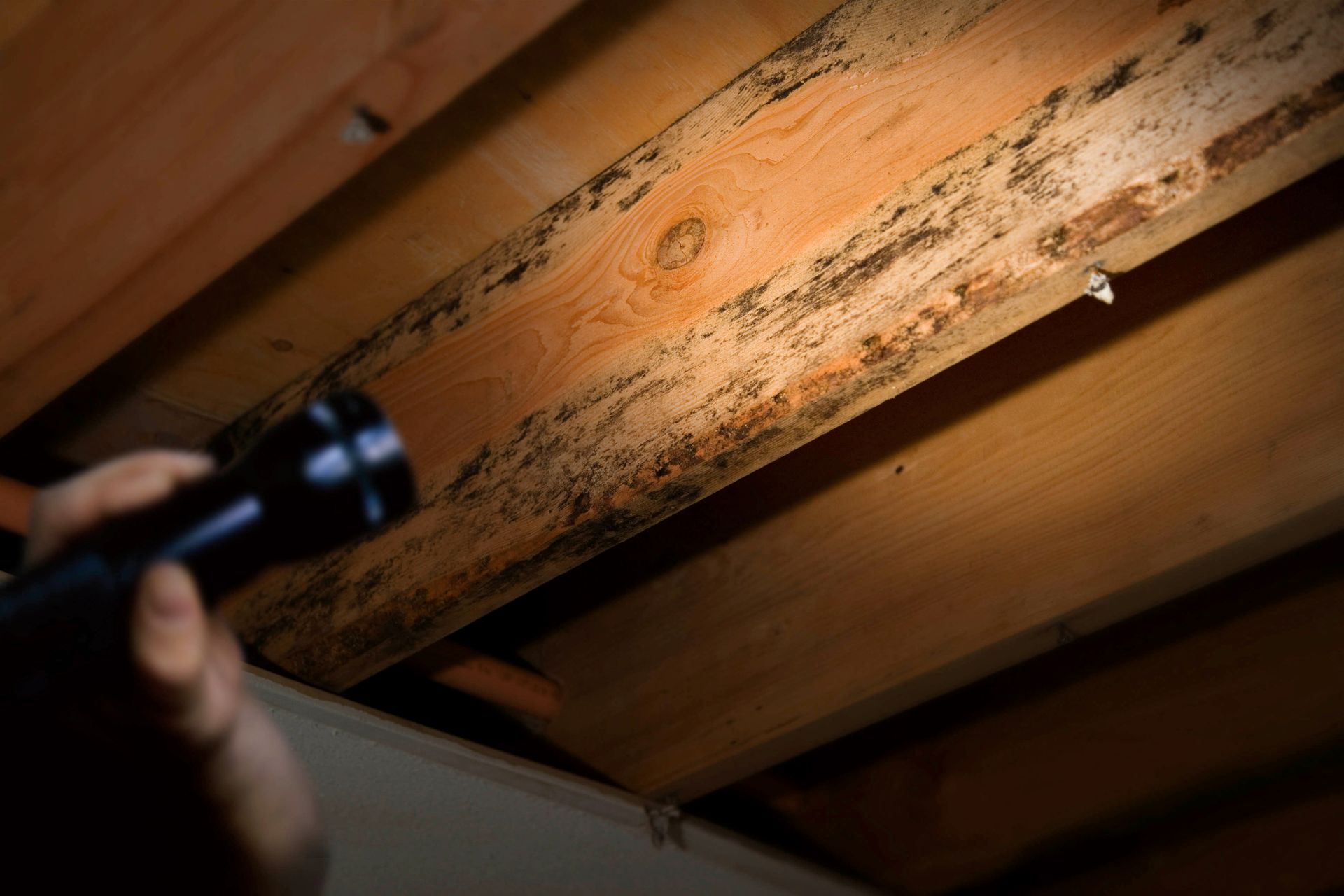
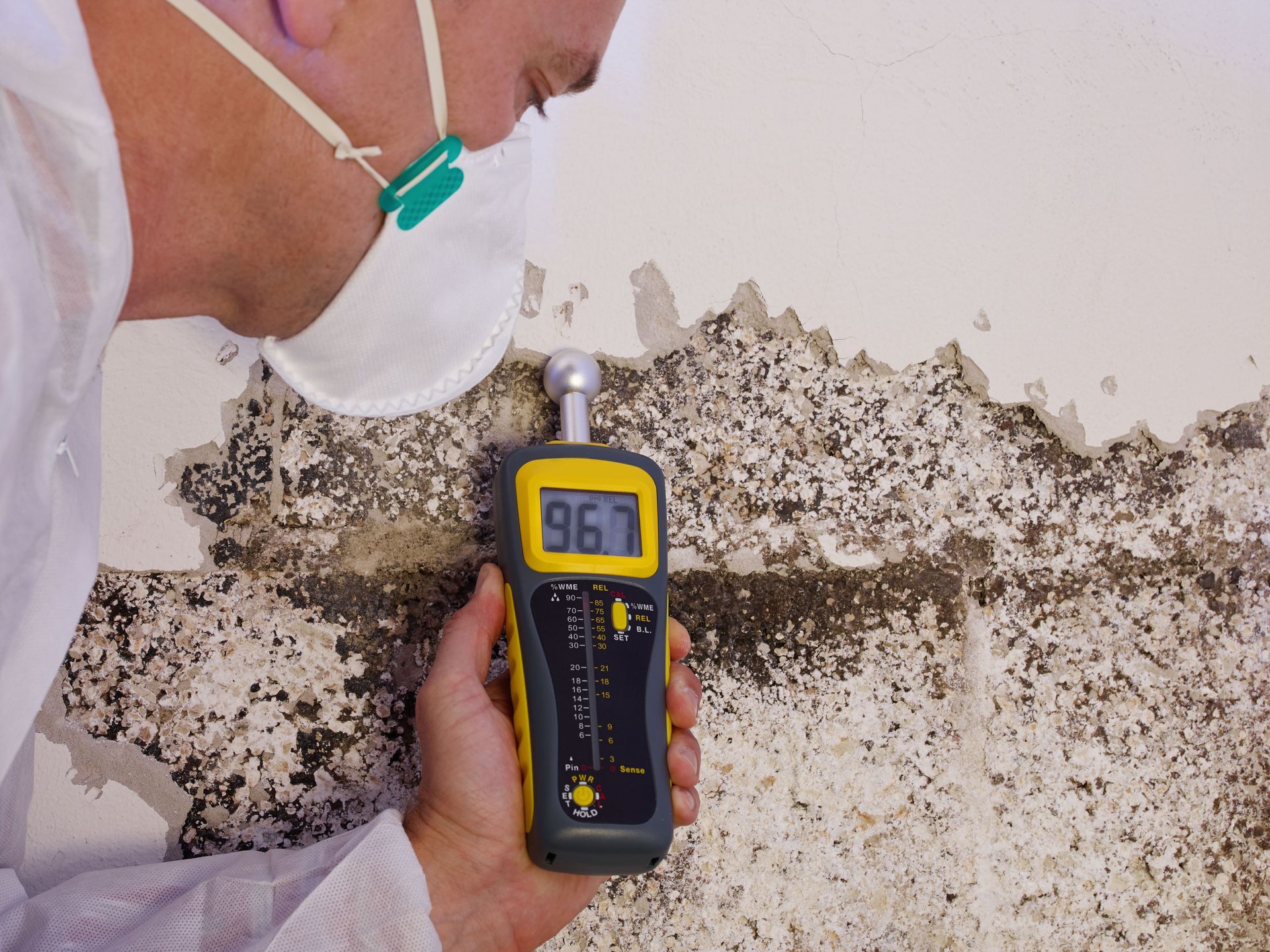
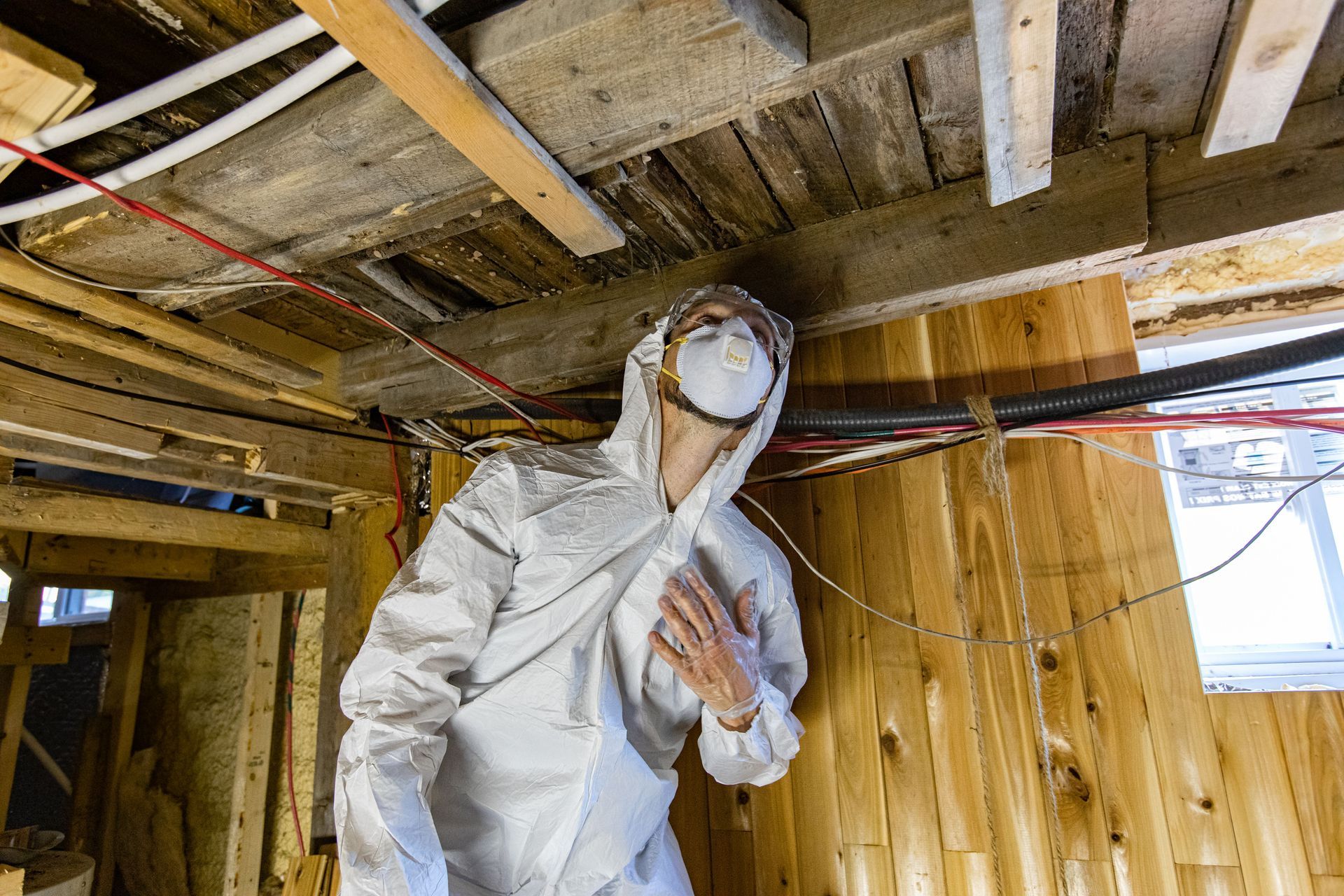
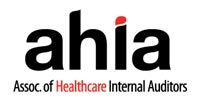
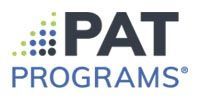
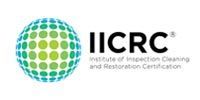
Share On: